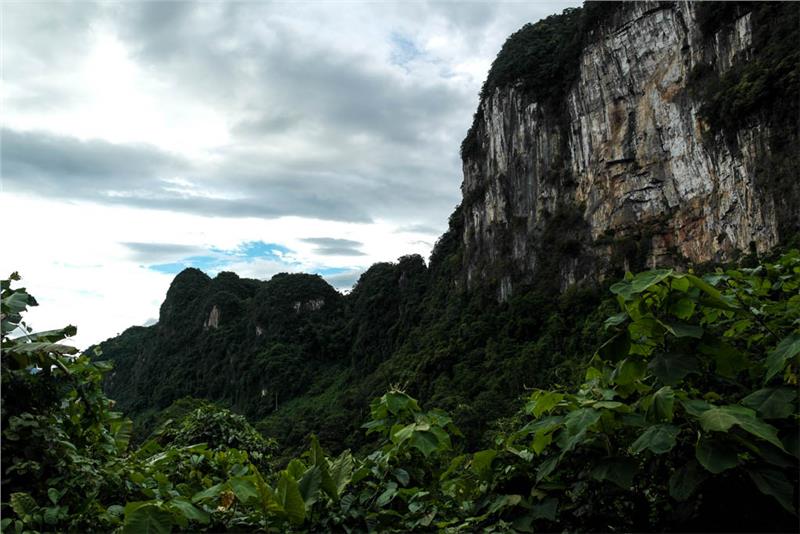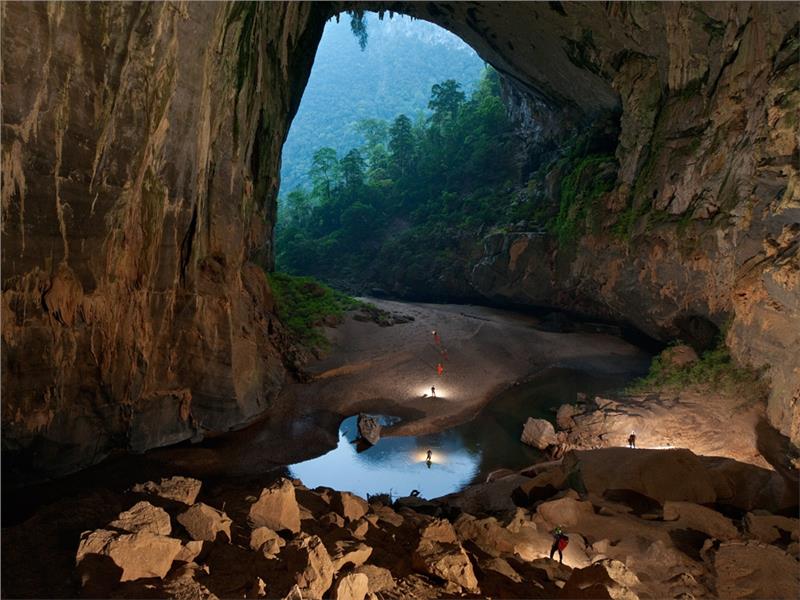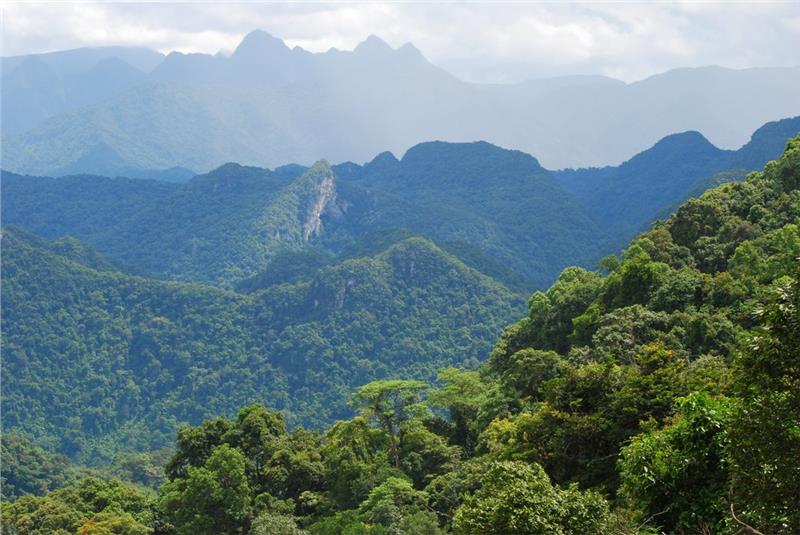Phong Nha Ke Bang was honored as one of World Heritages with two criteria. One criteria is that it is an outstanding example for ecological processes in the evolution and development of terrestrial ecosystems. Another is that the national park possesses the most meaningful natural habitat to the biological diversity reservation. Previously, Phong Nha - Ke Bang National Park was known as a place where there is the oldest and biggest Karst tectonics in Asia, bringing in itself many evidences about the history of geological formation of the crust with a diverse system of caves, underground rivers, including Son Doong Cave - the most magnificent and world's largest cave. Now, Phong Nha - Ke Bang is known as a place where there are outstanding universal values of ecosystem and biodiversity.

Appraisal assessment report of the International Union for Conservation of Nature and Natural Resources (IUCN) emphasized the number of flora and fauna species in Phong Nha-Ke Bang National Park having the highest diversity in Vietnam and very high among World Heritage sites in the region and in the world. With these outstanding values, Phong Nha - Ke Bang in Quang Binh is the 3rd national park in Asia and the first national park in the region reaching 3/4 criteria for a natural heritage. The recognition of the World Heritage Committee not only defines the diversity, endemism and integrity of the natural world existing, but also notes the efforts of the Vietnam government, UNESCO Vietnam, Quang Binh Province and the Management Board of the Phong Nha-Ke Bang National Park for efforts of management, conservation, research, protection, law enforcement and raising community awareness. This time, the World Heritage Committee appreciated the seriousness and responsibility of Vietnam in the process of preparation, submission, evaluation and protection of records.

The World Heritage Committee also approved on expanding the national park from 85,754ha area of 123,326ha. This is one of 02 profiles of natural world heritages approved among 05 proposed ones. Phong Nha - Ke Bang National Park has tropical rain forests which are still primeval on limestone mountain with the coverage of up to 94%, 84% of which is primitive forest. The national park has nearly 3,000 vascular plant species, and more than 800 vertebrate species, including many species in Red Book of International Union for Conservation of Nature and Natural Resources, and just existing in some places in the world. The degree of endemism in the region is determined to be high with over 400 species in Vietnam in general, and 38 animal special in the Annamite Mountains. There are many new species listed such as cave scorpions, fish, lizards, snakes, and turtles. Importantly, here there are some species of endemic primate put in danger including Ha Tinh langur, brown-leg douc, and black monkey with white cheeks.

With these outstanding values among national parks in Vietnam, Phong Nha - Ke Bang in Quang Binh is the 3rd national park in Asia and the first national park in the region reaching 3/4 criteria for a natural heritage. The recognition of the World Heritage Committee not only defines the diversity, endemism and integrity of the natural world existing, but also notes the efforts of the Vietnam government, Vietnam UNESCO, Quang Binh Province and the Management Board of the Phong Nha-Ke Bang National Park for efforts of management, conservation, research, protection, law enforcement and raising community awareness. This time, the World Heritage Committee appreciated the seriousness and responsibility of Vietnam in the process of preparation, submission, evaluation and protection of records. That Phong Nha - Ke Bang National Park is recognized by new criteria about world natural heritage is a great honor of Vietnam. We need have right awareness, act on time to preserve and promote the heritage values, contribute to the sustainable development, and express the responsibility to future generations of the country and the world.
